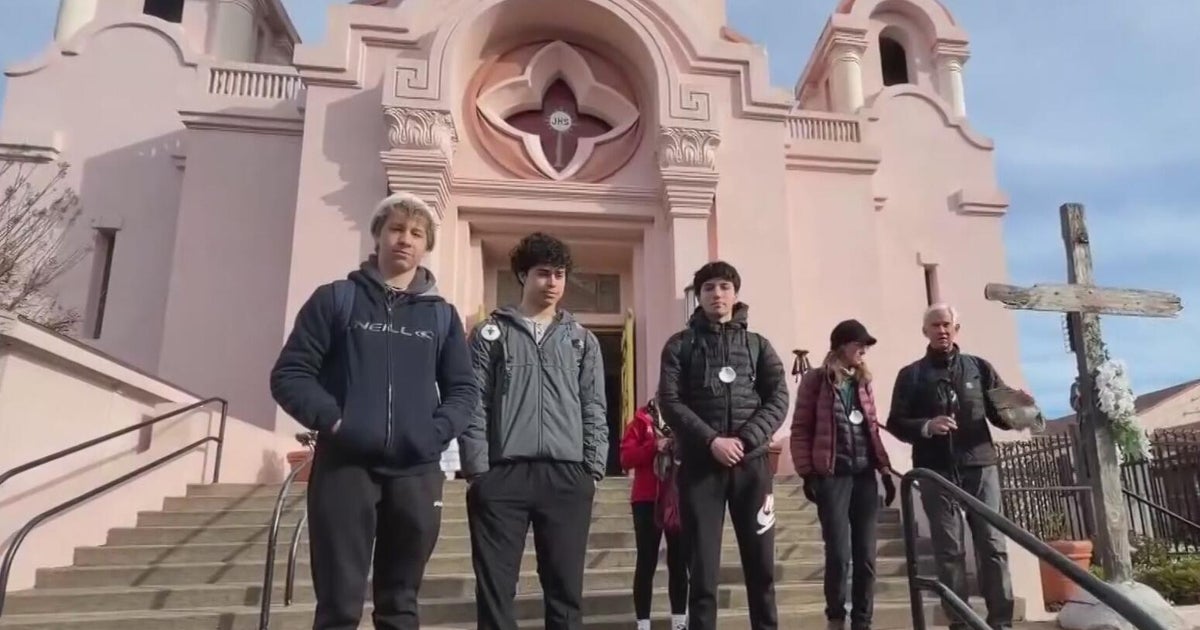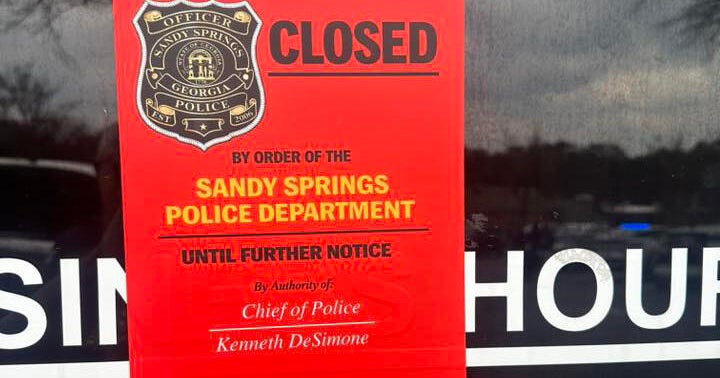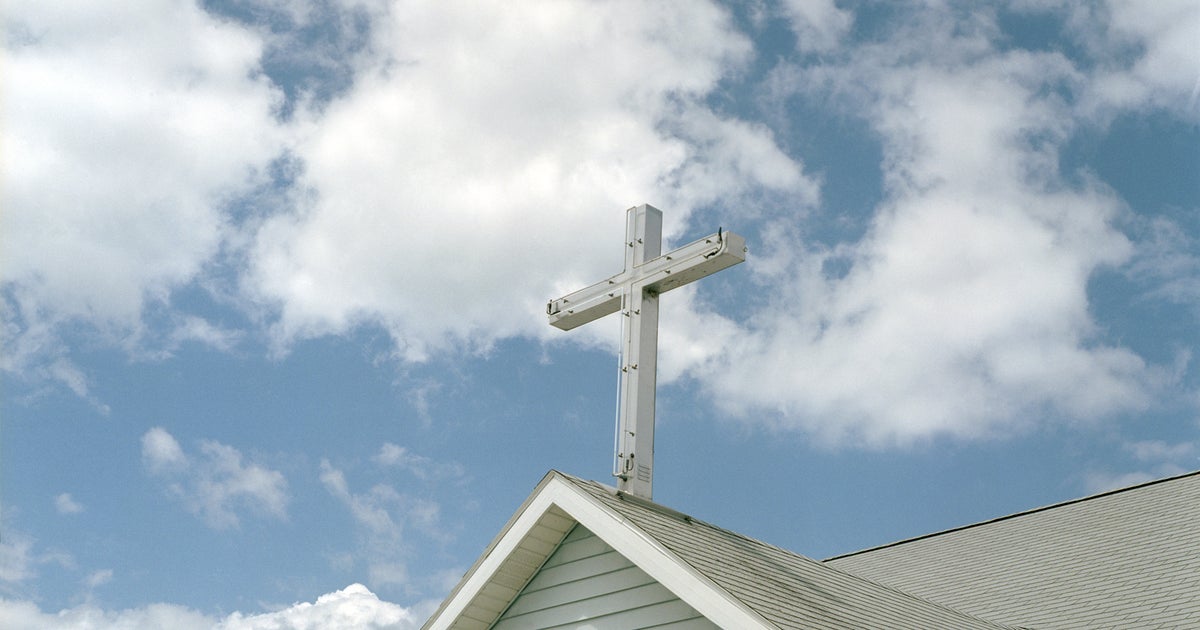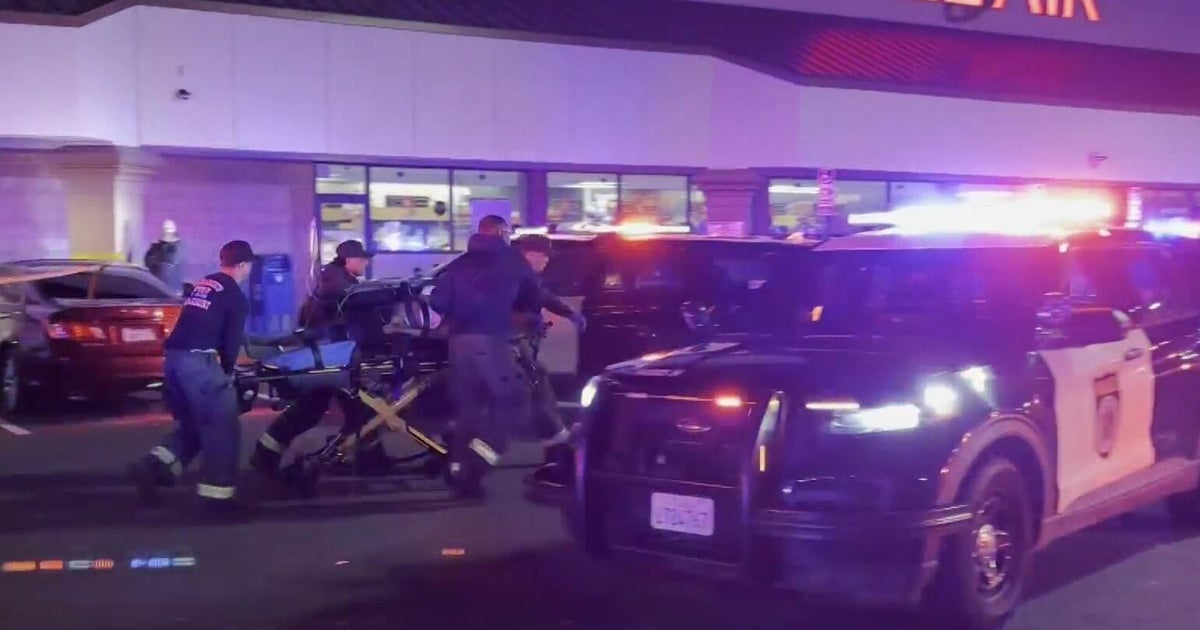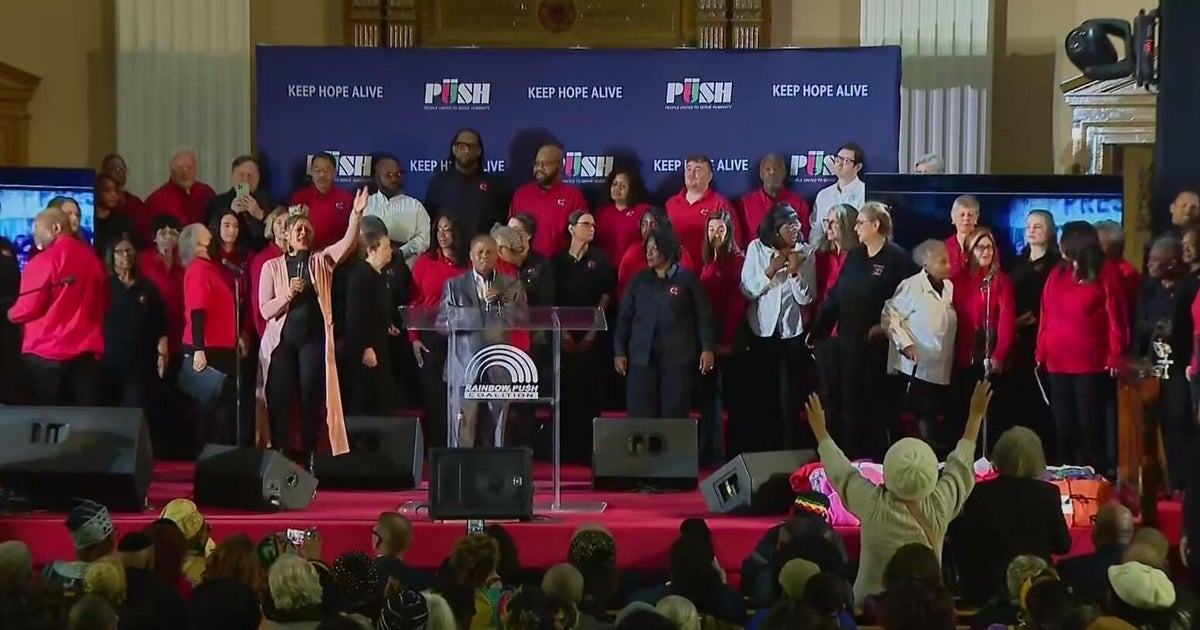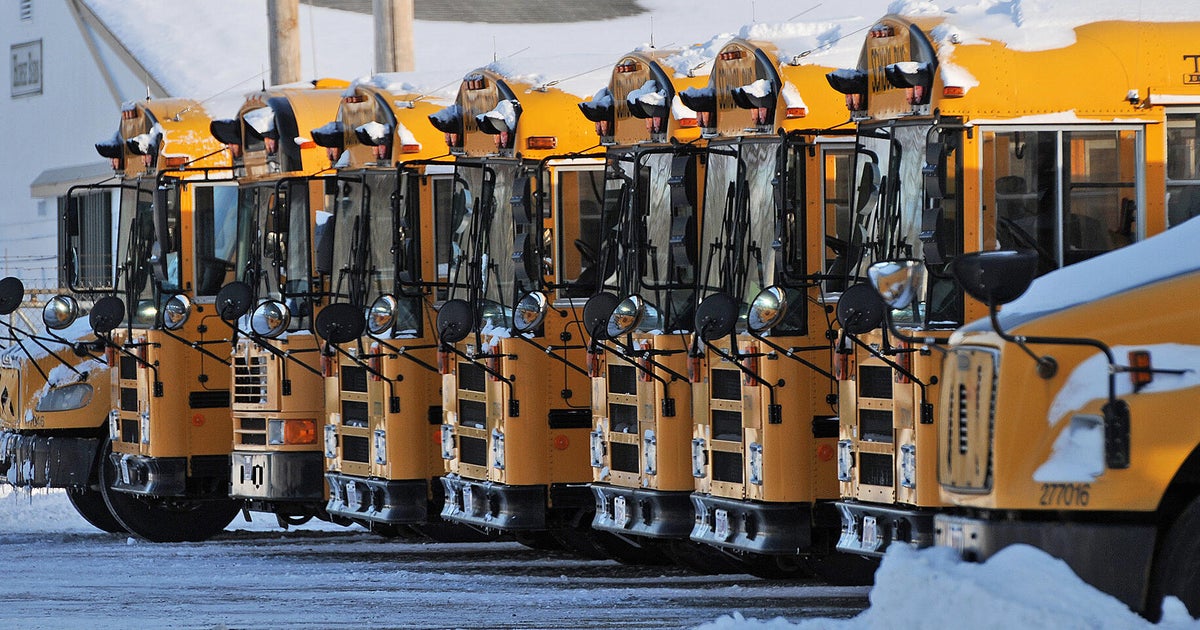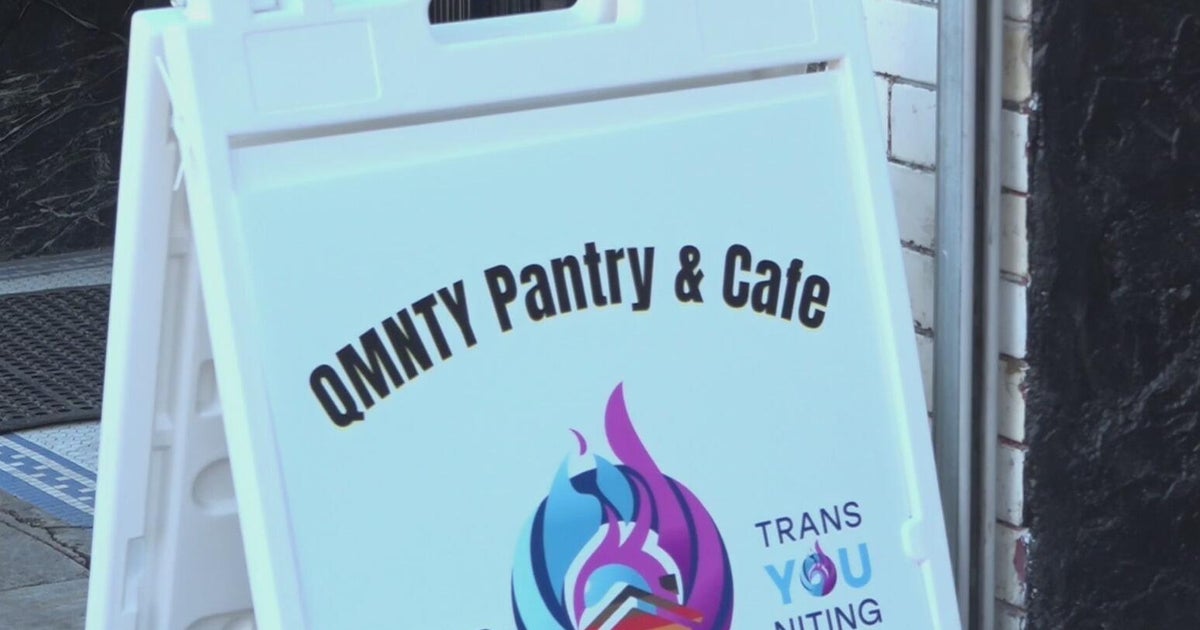Some Cubans Think The Pope Should Speak Louder About Human Rights
Follow CBSMIAMI.COM: Facebook | Twitter
HAVANA (CBSMiami) – At least twice on Monday the Pope discretely called attention to religious persecution in Cuba.
In Holguin, he talked about how the church in Cuba works under "difficult conditions".
And while dedicating the shrine on Monday night in Santiago, Pope Francis prayed that the Virgin Mary would help make Cuba a place where people can open their hearts and minds to Jesus Christ.
He prayed quietly and spoke to the children and adults who were there.
People have been wondering if the Pope will speak more loudly, though, on the subject of human rights in Cuba.
They want him to speak more forcefully against the country's human rights record.
Father Frederico Lombardi, the Vatican spokesman, said the Pope has been addressing human rights, clearly he said, but discreetly.
Though many wish the Pope wouldn't be so discreet, Elizardo Sanchez is one of Cuba's leading human rights advocates.
CBS4's Rick Folbaum visited with him on Monday night at his home.
Sanchez is surprisingly outspoken for a man who once spent nearly a decade in jail.
On the walls of his home in Havana's Miramar neighborhood are pictures of him with former US President Jimmy Carter and Ted Kennedy.
He showed Folbaum a map displaying the locations of Cuban prisons, before the revolution and after.
He says Cuba has the worst human rights record in the Western Hemisphere.
Asked if better ties between the US and Cuba will help with normalization, he says he doesn't think the Cuban government even wants normalization.
He also says the visit of Pope Francis to the island has only led to more arrests, about 100 in Havana and thousands all over the country.
But he says the government's true power comes not from locking people up, but through intimidation.
When asked if he is scared, Sanchez said "Yes, I'm afraid. I've been afraid for 48 years."
As for Pope Francis, Sanchez says the Pope is a careful man with good will, but that even good will is not enough to bring change.
As for South Florida's exile communities, Sanchez says he understands why so many won't return but he says the community needs support as they fight on the outside while he and so many others fight from within.
And Sanchez says he's not alone in his work.
Where there was once only about a dozen voices speaking out against the regime, he says there are now thousands of pro-democracy activists all over Cuba.

